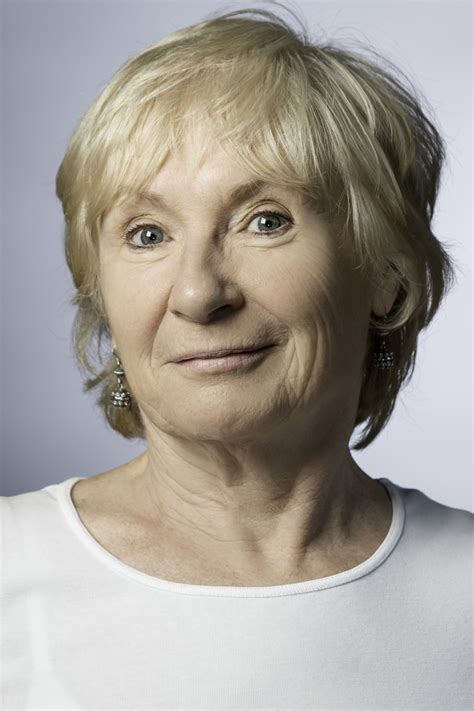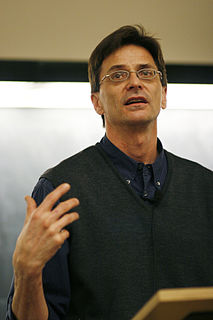A Quote by Robin DiAngelo
It became clear over time that white people have extremely low thresholds for enduring any discomfort associated with challenges to our racial worldviews.
Quote Topics
Related Quotes
I do atypical work for a white person, which is that I lead primarily white audiences in discussions on race every day, in workshops all over the country. That has allowed me to observe very predictable patterns. And one of those patterns is this inability to tolerate any kind of challenge to our racial reality.
I don't think Dr. King helped racial harmony, I think he helped racial justice. What I profess to do is help the oppressed and if I cause a load of discomfort in the white community and the black community, that in my opinion means I'm being effective, because I'm not trying to make them comfortable. The job of an activist is to make people tense and cause social change.
The 'gatekeepers' became a term of revile. But when you think about the flow of information, I personally value immensely the calibration a news organ, whether it's on the web or in print, brings to the floodwaters of information. I haven't the time to read all the dispatches of the Associated Press, for example. It's fantastic what they put out, it's extremely good, from all over the world. I like when someone acts as a filter.
BMX riding breaks down racial perceptions. Coming from New York City and being a BMX rider, that isn't something that's too common. I feel like for the longest time, I would ride through certain neighborhoods and people would call me a "white boy" because they associated white boys from California with BMX riding, and it bugs me so much because I'm completely not that. I completely don't fit that mold. It's really important for me to bring BMX riding to the masses and show people exactly what it is.
We're all in the race game, so to speak, either consciously or unconsciously. We can overtly support white-supremacist racial projects. We can reject white supremacy and support racial projects aimed at a democratic distibution of power and a just distribution of resources. Or we can claim to not be interested in race, in which case we almost certainly will end up tacitly supporting white supremacy by virtue of our unwillingness to confront it. In a society in which white supremacy has structured every aspect of our world, there can be no claim to neutrality.
As we enter the 21st Century it is clear that we have entered an unprecedented global age in which our diverse cultures, religions, philosophies, worldviews and perspectives encounter one another in the marketplace of our global village. It is now clear that our future sustainability on this planet calls for radical advances in our rational and human capacities to negotiate the powerful forces between worlds as the human family moves towards a sustainable global civilization.

































